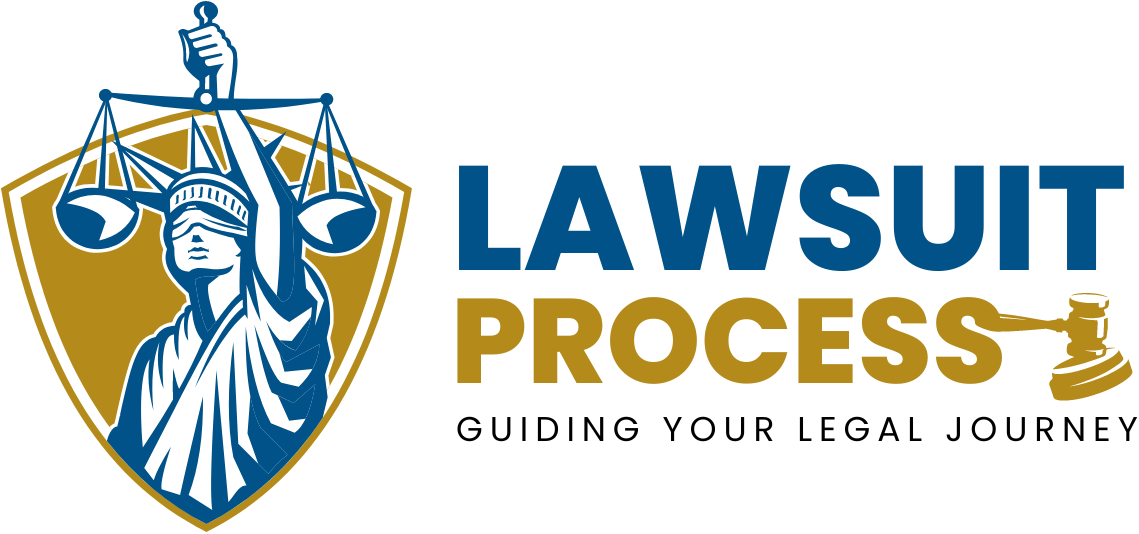Sometimes people feel wronged or harmed by someone else and think about suing them. But going to court isn’t always the best choice. Suing can take time, cost money, and cause stress. Before deciding, it’s important to understand what’s involved and whether suing someone is worth the effort.
This article is intended to help you explore the pros and cons of suing, other ways to solve problems, and how to decide if suing is the right path for you.
Table of Contents
- What Does It Mean to Sue Someone?
- Why Do People Sue?
- Questions to Ask Before Suing
- Benefits of Suing
- Drawbacks of Suing
- Alternatives to Suing
- How to Decide if Suing Is Worth It
- Summary
What Does It Mean to Sue Someone?
Suing someone means taking them to court to resolve a problem. You file a legal complaint, explaining how they harmed you and what you want as a solution. This could be money, property, or something else. For example, if someone damages your car and refuses to pay for repairs, you might sue them to recover the costs.
Why Do People Sue?
People sue for many reasons, including:
- Financial Loss: To recover money for damages, unpaid bills, or broken contracts.
- Injuries: To get compensation for medical bills, lost wages, or pain and suffering after an accident.
- Property Disputes: To settle disagreements over land, homes, or possessions.
- Unfair Treatment: To address discrimination, harassment, or workplace issues.
- Breach of Trust: When someone violates an agreement or fails to keep a promise.
Questions to Ask Before Suing
Before deciding to sue, consider these questions:
- Is the issue worth the time and money it will take?
- Do I have enough evidence to prove my case?
- Have I tried other ways to solve the problem, like talking or negotiating?
- What are my chances of winning, and what will I gain?
- Am I prepared for the emotional stress of a legal battle?
Benefits of Suing
Suing someone can have several benefits:
- Justice: It allows you to hold someone accountable for their actions.
- Compensation: You can recover money or property if you win the case.
- Closure: A court decision can help resolve a dispute and provide a sense of fairness.
- Deterrence: Suing might stop the other person from harming others in the future.
Drawbacks of Suing
On the other hand, suing comes with challenges:
- Cost: Legal fees and court costs can be expensive.
- Time: Court cases can take months or even years to finish.
- Uncertainty: There’s no guarantee you’ll win, even if you’re in the right.
- Stress: Legal battles can be emotionally draining and disruptive.
- Relationships: Suing someone might damage personal or business relationships.
Alternatives to Suing
If suing feels overwhelming, consider these alternatives:
- Negotiation: Talk directly with the other person to reach a compromise.
- Mediation: A neutral third party can help both sides find a fair solution.
- Arbitration: Both parties present their case to an arbitrator, who makes a binding decision.
- Small Claims Court: A quicker and cheaper option for small disputes, usually without lawyers.
How to Decide if Suing Is Worth It
To decide if suing is worth it, weigh the potential benefits against the drawbacks. Ask yourself:
- Will the result be worth the time, money, and effort?
- Do I have a strong case with clear evidence?
- Are there faster or cheaper ways to solve the problem?
- What are the chances of repairing or keeping the relationship?
- Am I prepared for the stress of going to court?
Sometimes, talking to a lawyer can help you understand your options better.
Summary
Suing someone can be a powerful way to solve a serious problem, but it’s not always the best choice. Consider the costs, time, and emotional impact before making your decision. Explore alternatives like negotiation or mediation to resolve disputes without going to court. Ultimately, the right choice depends on your specific situation, goals, and resources.
- Suing means going to court to solve a problem.
- Common reasons include money issues, injuries, or broken agreements.
- Benefits include justice, compensation, and closure.
- Drawbacks include high costs, time, and stress.
- Alternatives like mediation or small claims court might work better for smaller disputes.
If you need legal assistance, consult a lawyer who can work with you.










